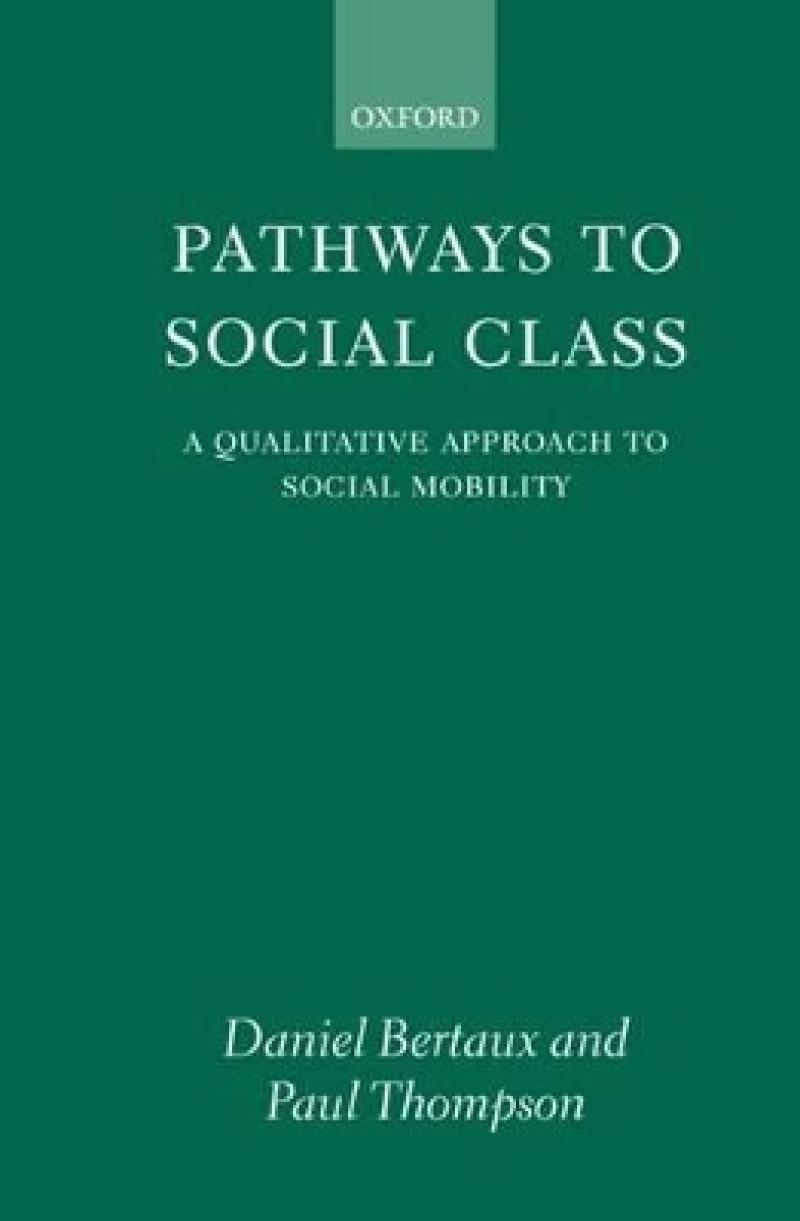The many studies make poetic and insightful reading about family trajectories through changing circumstances and hardships, but also about the capacity of cultural and material resources to reinvent themselves to continue to serve, mostly those that already have. The iron-law of social reproduction is reaffirmed, but with new twists and with the parameters for maneuver within it widened ... This book passionately presents a set of stories rich in both structural analysis and personal compassion. Methodology, like the study of identity, should not be couched in the straight jacket of a discourse of 'either - or', but in a more open and ultimately more enlightening and tolerant logic of 'both - and'. This book is a testament not only to how difficult it is to carry out that project in practice, but also to how worthwhile it is to try.
Stina Lyon, European Sociological Association Conference
... this book is different. Tables and log-linear models are out; life histories and family charts are in. The collective pieces share a commitment to the value of a qualitative approach to the study of social mobility. The range of contributions is very wide ... as this volume amply demonstrates, there is much for quantitative researchers to learn from qualitative studies.
Kenneth Prandy, Sociology Vol.31 No.3, 1997
As an illustration of the potential value of qualitative approaches for revealing the dynamics and meanings of mobility, this is a useful and successful collection. - Andrew Miles. British Journal of Sociology. Spetember 1998.
